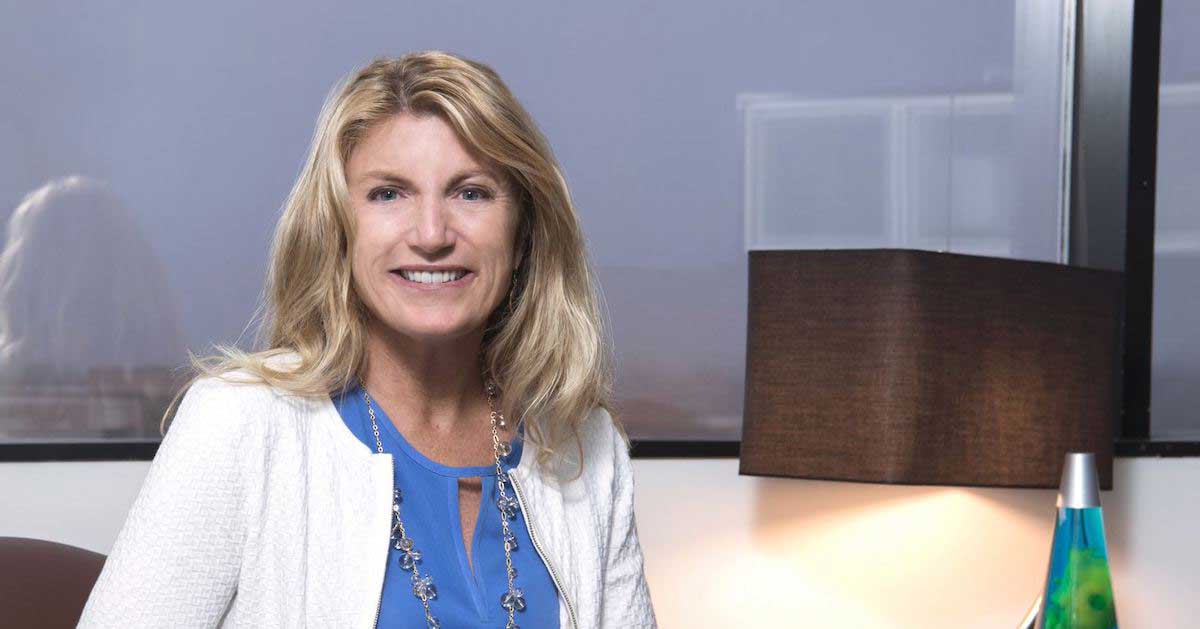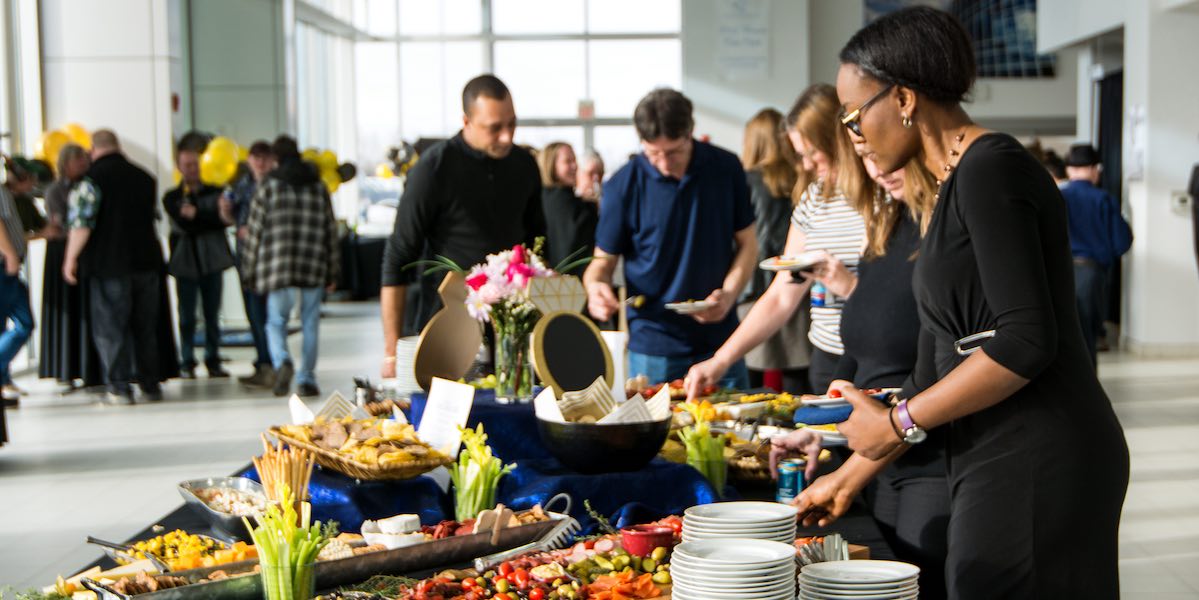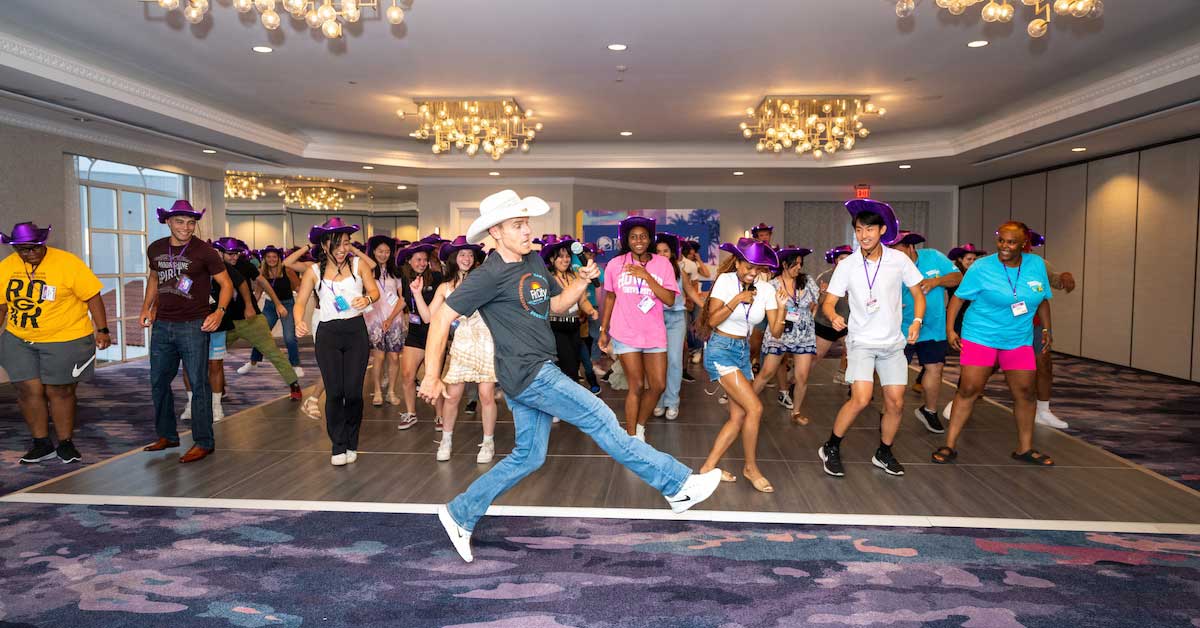We’ve all seen it. You’re invited to a brainstorm session, but there isn’t much “storming” happening. As soon as the senior-most people weigh in, ideation stops, groupthink takes over and everyone aligns with them. The discussion shuts down.
Sometimes, leaders had already made decisions but needed a symbolic exercise to check the “open discussion” box. Or they had the best intentions of fostering open debate and dialogue but didn’t recognize that participants didn’t feel safe to offer alternative perspectives and ideas. Either way, leaders must intentionally foster safe settings for thought diversity to become part of organizational culture.
An environment that taps into its diversity of opinion is critical to unlocking and engaging teams. It brings out underrepresented voices—introverts, lower-level staff, women or people of color. Giving all voices opportunities to be heard helps develop staff and counterbalances top-down management cultures, biases and cognitive blinders. So, why is it so tough to foster open debate and to respectfully disagree?
What if we argued to learn, not to win?
A true idea-generating conversation may slow down a project, cost more or add the risk of an unknown path. It may also challenge a long-held belief, maybe from someone in power. In many ways, we have our own brains to blame—affinity bias causes us to navigate toward people who seem more like us, and confirmation bias causes us to favor opinions that confirm an idea we already have. We also have certainty bias, favoring decisiveness as a characteristic of leadership and strength. In his recent book, Think Again: The Power of Knowing What You Don’t Know, Wharton Business School professor and psychologist Adam Grant says one barrier to honest dialogue is that people mistake task conflict with relationship conflict. We can disagree on a concept but remain whole in relationships.
According to Grant, the key to fostering safe environments for idea sharing is to “listen to ideas that make you think hard—not just opinions that make you feel good.” He advocates for powerless communicating, an approach that indicates you don’t have an angle or opinion but are completely open to all sides of the conversation. What if we argued to learn, not to win?
So the next time we enter into a discussion at work or personally, let’s check our motives. Can we truly dialogue with an open mind? Can we listen first? Approaching conversations and relationships with curiosity deepens our learnings, challenges our biases and yields better outcomes for all involved.
Annette Gregg, CMM, MBA
MPI Senior Vice President, Experience
agregg@mpi.org



.jpg?sfvrsn=96553155_1)



